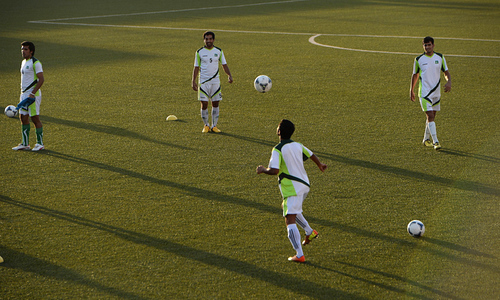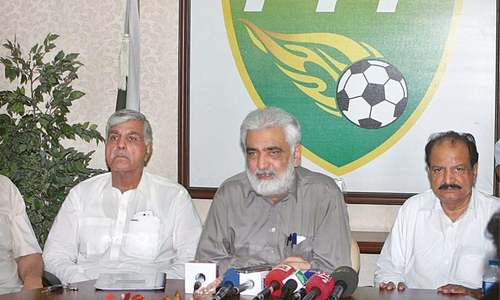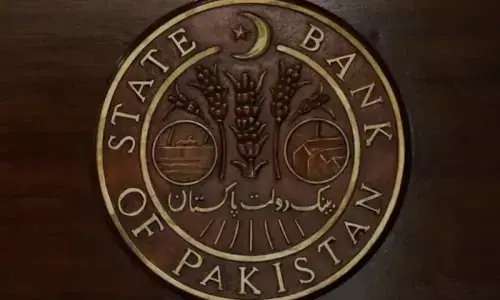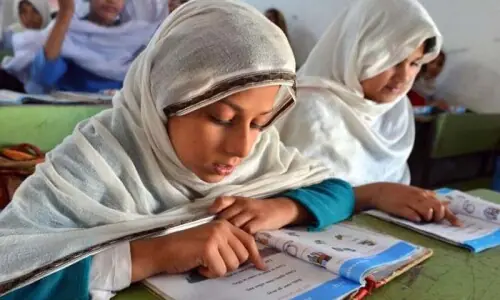
HAFIZ Salman Butt had an icy stare. He could leave one frozen with his gaze. Yet those steely gray eyes had a sense of longing in them, a vision unfulfilled, a residing pain. Salman loved football and wanted to see Pakistan reach new heights in the sport. If, ever, Pakistan football reaches those heights Salman wanted to take it to, he wouldn’t be able to see it.
Salman passed away on Thursday night at the age of 65 while being treated at a private hospital in Lahore after having suffered a stroke the previous night and was laid to rest on Friday. With his demise, Pakistan football has lost one of its most influential figures, even if he spent the major part of the last three decades outside rather than inside the Pakistan Football Federation (PFF).
His time as the PFF secretary general, from 1991 to 1994, was in fact one of the most glorious eras for Pakistan football. But his fiery demeanor meant he couldn’t get back into the PFF once he was ousted and subsequently banned for creating a rival faction. He also felt betrayed by those he’d supported.
Salman was behind Faisal Saleh Hayat’s rise to PFF presidency in 2003 as he sought to unseat Mian Azhar as the country’s football chief. Hayat’s election helped Salman avenge Azhar for slapping a 10-year-ban on him. Yet, even Hayat didn’t let Salman back into the PFF.
Salman’s struggle from then on was to revoke the ban on him. He’d hoped Hayat would be the one to do that. Yet, in 2015 when Salman tried to oust Hayat, the PFF chief brought up the fact that the former was banned by FIFA. The global football body then told Dawn that it was “unaware” regarding that ban.
But there was no clarity. Every time Salman tried to make his way back into football, he was reminded he was “persona non grata”. There remains no doubt though that Pakistan football was never the way it was from when Salman was in the PFF.
Then, the National Football Championship enjoyed live television broadcast and a sponsorship worth Rs35million over three years. Those who played during that time say they never saw better times.
The closest thing to Salman’s heart was a football club — Wohaib FC, named in memory of his slain brother. Salman’s unrelenting drive saw the club became the first from the country to participate in the Asian Clubs Championship in 1992/93.
“Over the years, my mission has been to improve football in the country so we can achieve international glory,” Salman told Dawn last year. “It hurts to see Pakistan football in the mess it is.”
Salman saw Hayat removed as PFF president when FIFA appointed a Normalisation Committee to oversee the football affairs in the country and conduct fresh elections. It offered a window of opportunity for Salman to do what he wanted to do if he could somehow get back into the PFF. But time and deteriorating health caught up with him.
Published in Dawn, January 30th, 2021

































